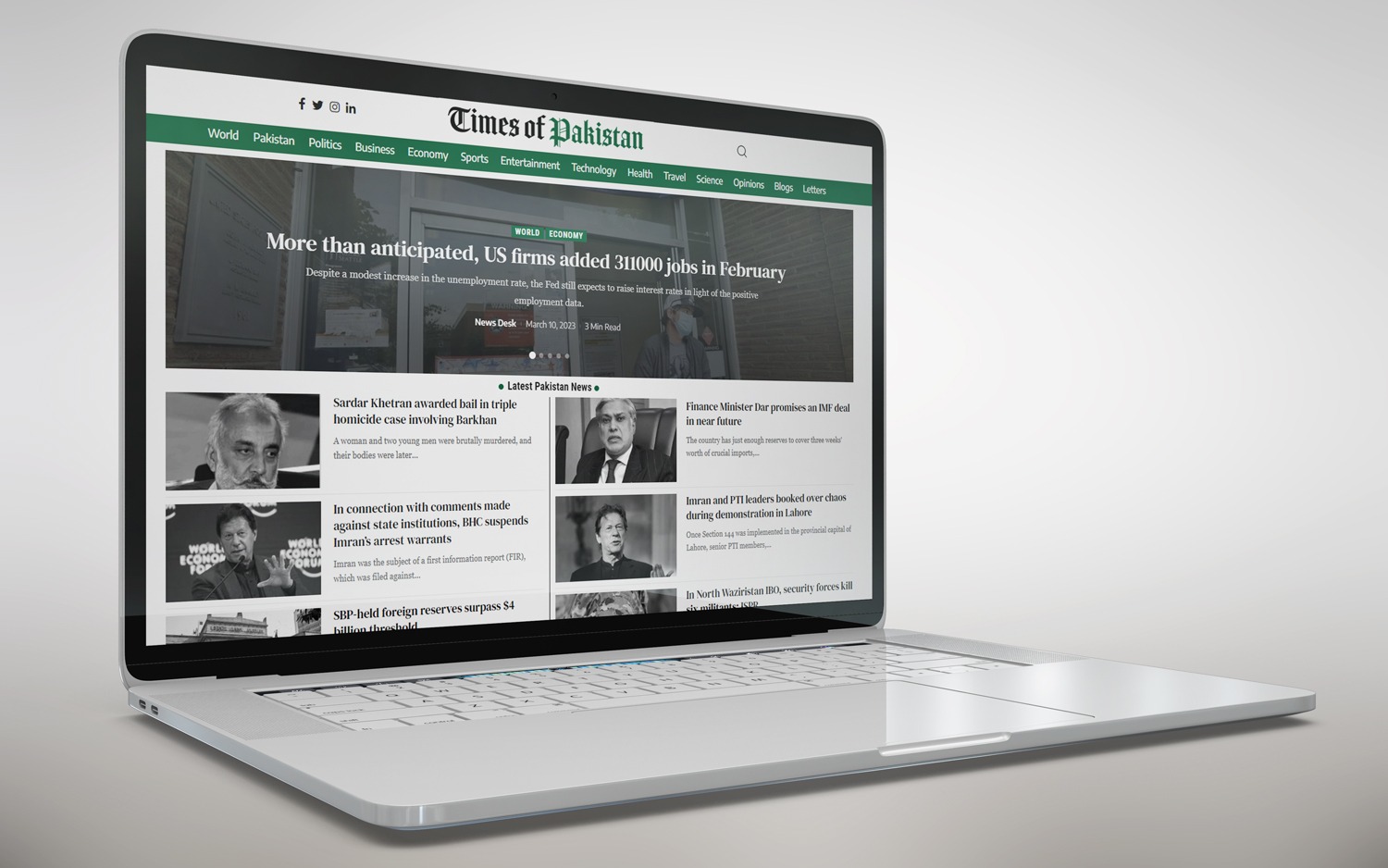
There was a time when the human mind was bound to the information provided in ink. The authenticity of the sources could be trusted without a doubt. You can either call it unawareness or a happy-go-lucky attitude where people were too consumed with their personal matters to care much about their surroundings. The rise of digital media has altered this all-together as every individual seems to be at the mercy of what’s in their hands and on their screens. However, our decisions seem to rely more and more on what’s ‘imposed’ on us.
With the increasing penetration of social media in a country falling farther from truth, it isn’t always certain to receive authentic information. Times of Pakistan – a prominent digital media house operated by Times of Pakistan (Private) Limited – brings media users one step closer to discern importance of navigating the digital era critically. Here’s why media literacy is a highly crucial aspect of today’s generation’s fast-paced life and how to dodge the daggers thrown at you 24/7. The ‘information tsunami’ engulfs an average user in a state of doom scrolling.
Media literacy equips people with the tools to sift through this vast sea of data, helping them distinguish credible sources from misinformation, deliberate disinformation, and fake news. With elections coming up and chaos brewing within the nation, media literacy is essential for holding leaders accountable and recognizing the best nominee to vote for and stand with through thick and thin. Paying meticulous attention to the provided news before spreading it around, further reduces the reach of false narratives to less informed groups that tend to believe everything they consume.
You and I, the youth, can be counted as among the highly targeted communities, including marginalized groups that are often most affected by harmful and manipulative content online. The media literacy programs can act as shields, teaching those at risk on how to protect themselves and make informed choices in the digital realm. It’s never a great idea to mindlessly like or share any and everything you see on social media. The media literacy goes far beyond identifying and putting a halt to the spread of false news.
The media nurtures critical thinking that most scrollers are forced to leave behind as they find comfort in being oblivious to facts. It encourages individuals to question, analyze and evaluate the information they encounter, thereby strengthening their ability to make informed judgments in an increasingly complex world. Let’s face it. Being from a developing country puts the everyday internet user at a much higher risk of dealing with issues that developed nations might find trivial. That doesn’t mean they are.
With cyber bullying, harassment, online scams and various other questionable ‘trends’ on the rise, media literacy plays as shelter from the endless stream of hate that often targets children or teens. Upgraded ways to hate, perhaps unknowingly give birth to ways to cope. Media literacy is intertwined with the concept of digital citizenship, emphasizing the responsible and ethical use of digital technologies. Consequently forming a protective barrier between online trolls and the vulnerable groups. In an age where digital skills are paramount, media literacy enhances professional competence.
It is not only an asset for journalists or researchers, but it also benefits professionals in marketing, public relations, and any field reliant on effective communication and connection building. Knowledge of any sort is not a static skill but a lifelong pursuit. It encourages people of all ages to stay curious, adapt to evolving media landscapes, and continue to educate themselves on diverse topics, ensuring their ability to navigate the digital world without falling prey to direct/indirect attacks. Times of Pakistan encourages you to be responsible on your journey to adapt to the transitioning world of media. Be safe as you go and educate the ones you can.